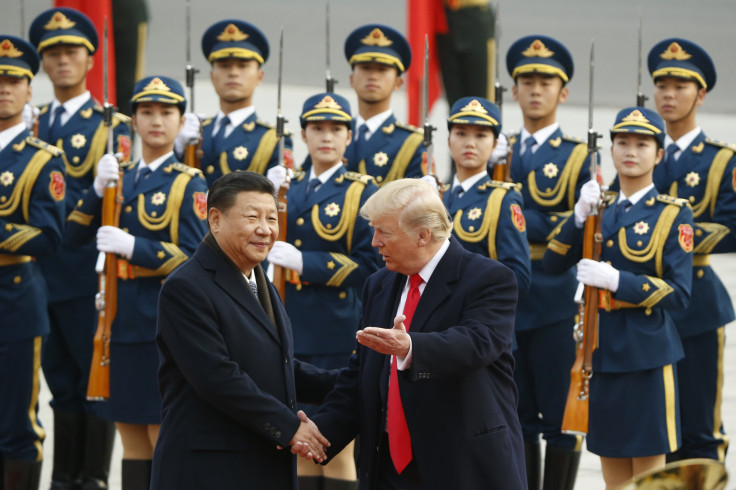China Hacked Telegram To Disrupt Hong Kong Protest, Investigation Reveals

In a bid to break the Hong Kong protests over a new law on extradition, China allegedly hacked Telegram and disrupted the app’s service.
According to Telegram, a cyber attack in the form of a distributed denial of service (DDoS) attack took place on the app on June 12.
This was confirmed by Telegram CEO in a tweet, citing circumstantial evidence of higher activity from China that pulverized servers with overload.
The cyber attack affected Telegram’s 200 million users across the Americas and other countries. Following the attack, users experienced connection issues but it was confirmed that user data is safe.
A DDoS attack forces the services to go offline or turns useless after a huge flood of traffic makes it inaccessible to users.
According to Telegram founder and CEO Pavel Durov, most of the IP addresses that joined the attack belonged to China.
“Historically, all-state actor sized DDoS (200-400 GB/s of junk) we experienced coincided in time with protests in Hong Kong (coordinated on @telegram). This case was not an exception,” Durov tweeted.
Why was Telegram targeted
Hong Kong China protesters had been using the app to communicate with each other and for organizing big protests.
Telegram and apps such as WhatsApp came handy to Hong Kong protests that had been rocking the Hong Kong capital and other areas with rallies, street demonstrations, sit-ins and clashes with police.
Telegram found a higher use among protesters because it was encrypted and could reach big groups numbering 200,000 users and more and help in flashing messages to an unlimited audience.
Authorities on the defensive
As protests intensified, the Hong Kong government was pushed to the defensive after violent clashes between protesters and the police.
The escalating violence forced the president of Hong Kong’s legislature to defer the consideration of the contentious bill by two days that mandate extraditions to mainland China. Protesters harbor the concern that the law will be used to suppress opposition activists.
The Hong Kong stock market also suffered from violent protests at the financial center. The Hang Seng index crashed on Thursday.
The Civil Human Rights Front called up residents to throng streets on Sunday and urged schools, shops, and workers to shut and go on strike from Monday.
Media reports also said Telegram’s role in fuelling the protests was obvious and a group administrator was arrested for conspiring to commit public disorder.
Ian Thornton-Trump, security head at AmTrust Europe, said the hacking by China was a tactical and standard regime response seen during the Arab spring as well.
Trump calls for reconciliation
Meanwhile, the U. S. President Donald Trump said he was hopeful Hong Kong and Beijing will “be able to work it out” as the demonstrations against the controversial extradition bill intensified.
This was Trump’s first public comment on the extradition issue. Already the U.S. lawmakers and their European counterparts have slammed the proposed Hong Kong legislation.
However, Hong Kong’s Chief Executive Carrie Lam said her government would go ahead with the legislative amendment allowing extraditions to mainland China.
© Copyright IBTimes 2024. All rights reserved.





















